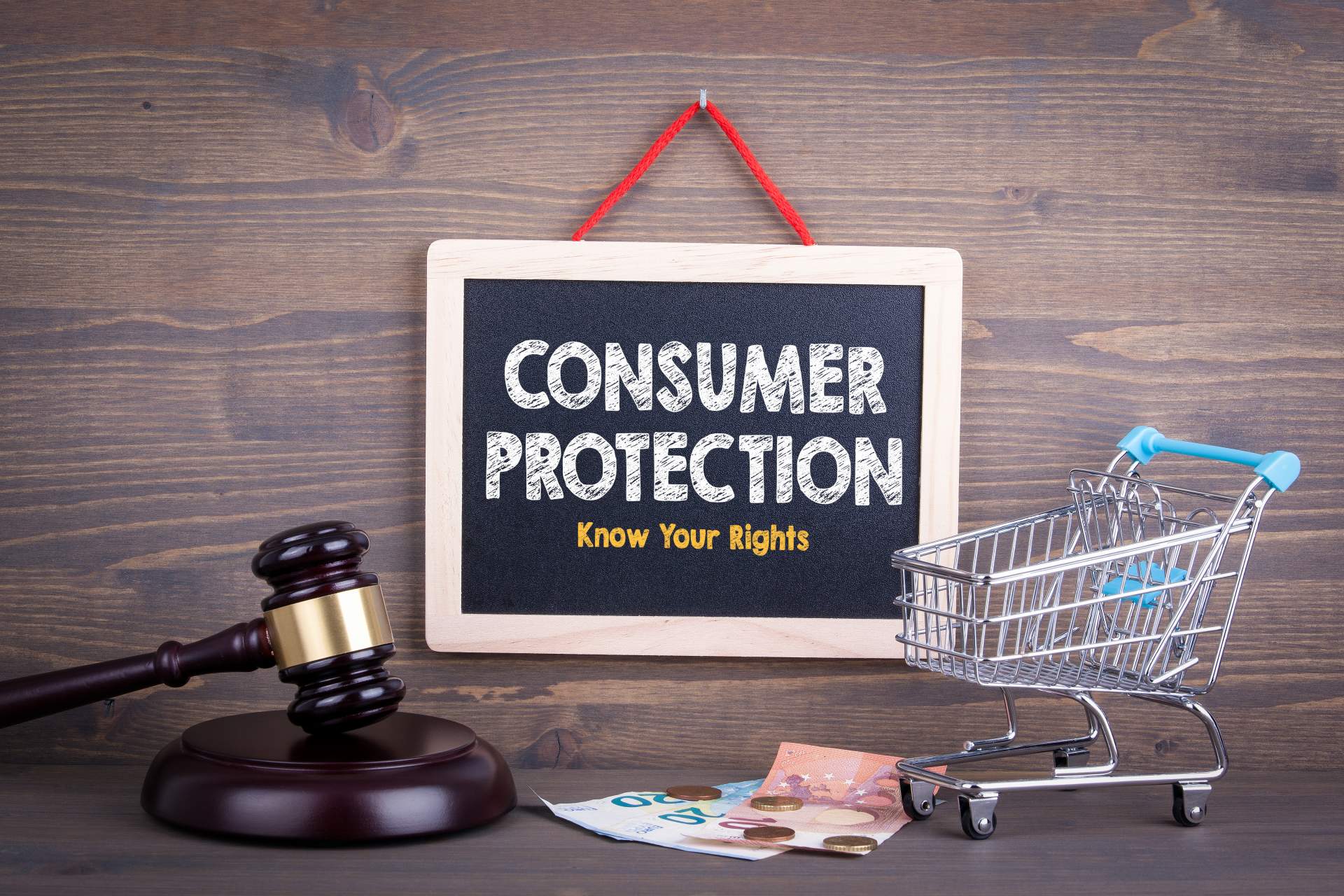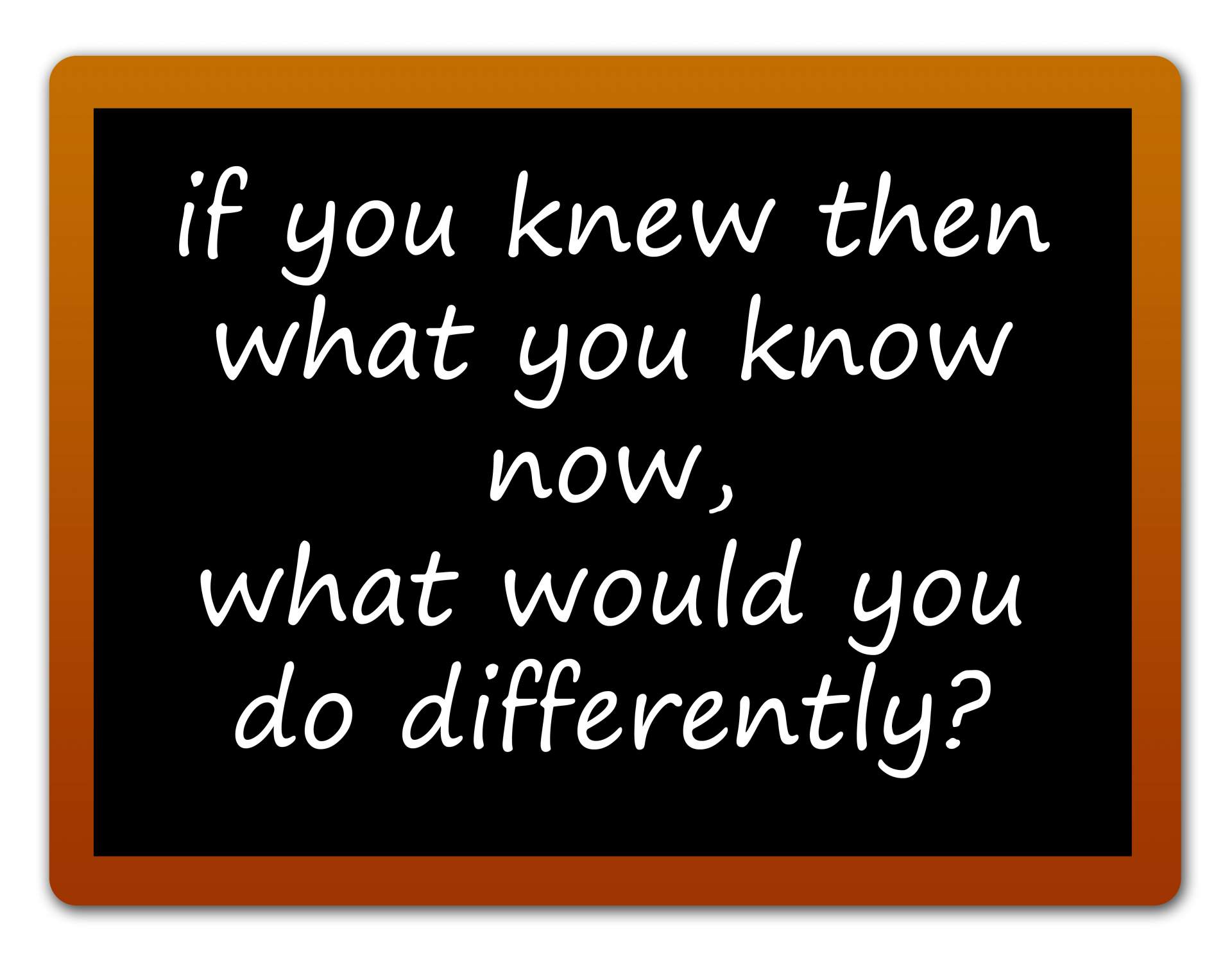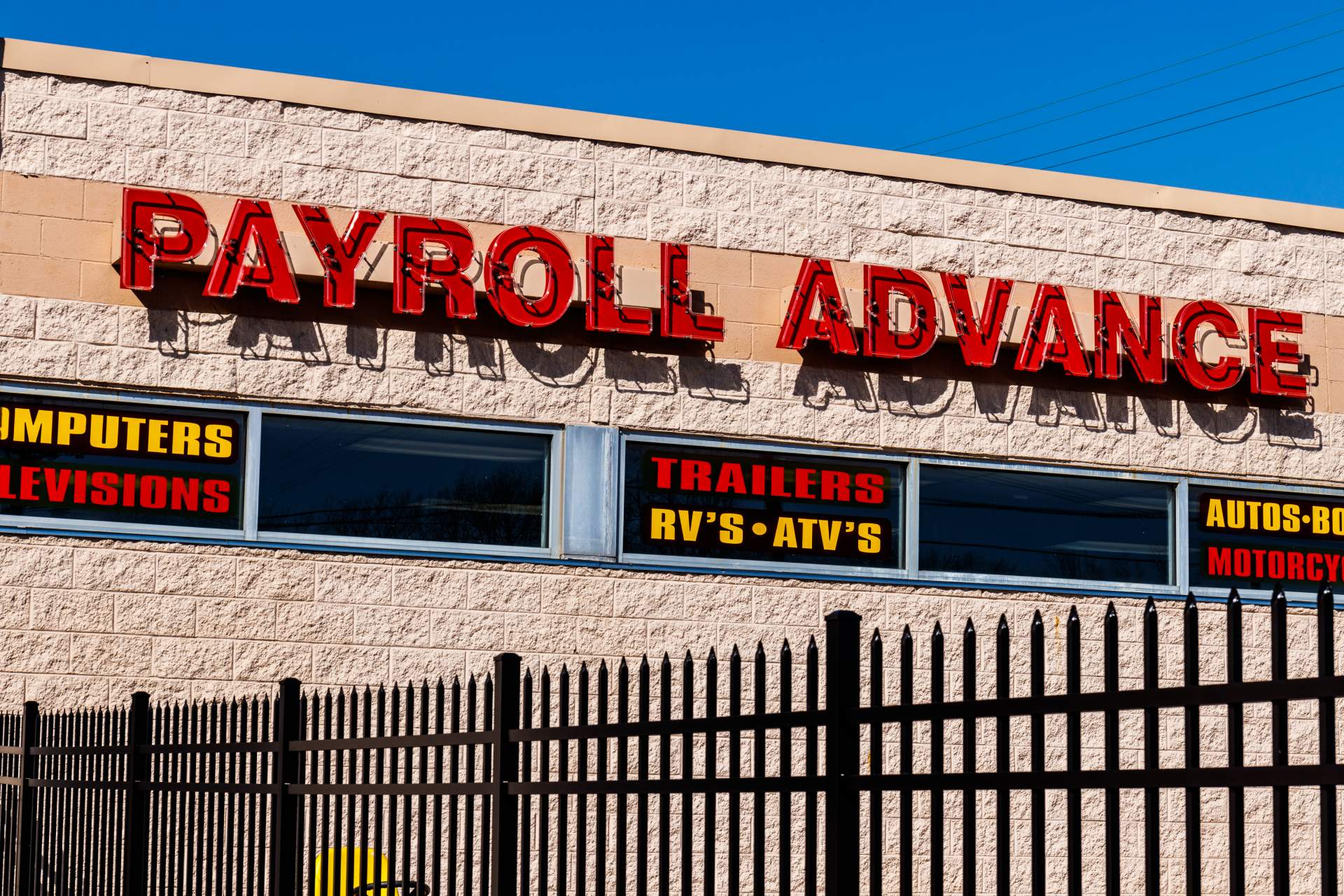Do You Need Debt Insurance?
What is debt insurance? Debt insurance is never called debt insurance, it’s called mortgage insurance, balance protection insurance, and other names. Essentially this insurance is to pay back your creditors in the event of your death or life-threatening injury or illness, depending on the specific coverage. Debt insurance has more benefit for your creditors than it does for you, and here’s why: it’s expensive, the monthly premiums do not go down although the coverage does as the debt decreases over time, and it pays only that creditor for that specific debt. Of course it benefits you too if that is your only insurance option, but it isn’t.














